Working in Schools, 2016-2021
by
Jack Park
October 11, 2024
Featured in Photos from Below (Book)
A collection of photos taken over four years working in schools, accompanied by text, that give a snapshot into contemporary teaching work.
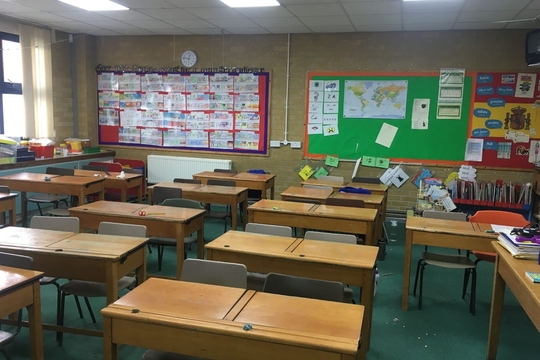
inquiry
Working in Schools, 2016-2021
by
Jack Park
/
Oct. 11, 2024
in
Photos from Below
(Book)
A collection of photos taken over four years working in schools, accompanied by text, that give a snapshot into contemporary teaching work.
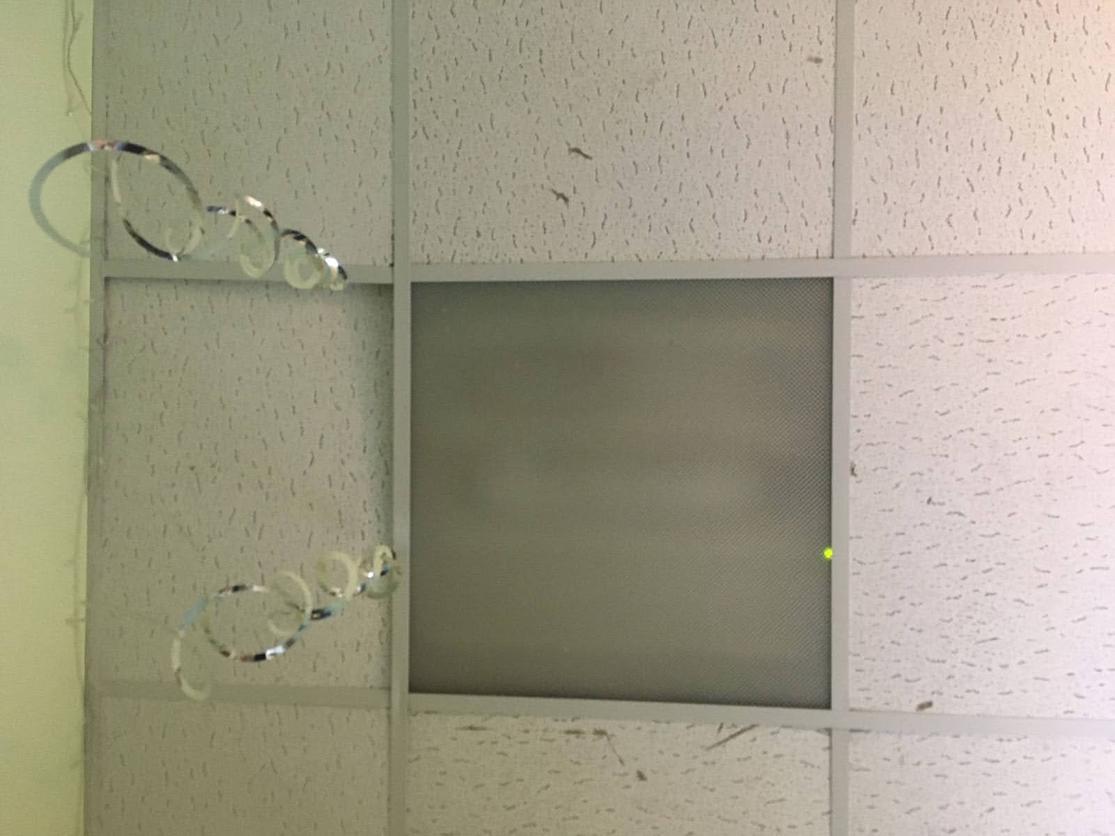
These photographs were taken over a period of about 4 years (2017-2021) during my time as a primary school teacher in London and Liverpool and a period as a supply primary teacher in Liverpool. I still work as a teacher but none of these photos were taken in my current school.
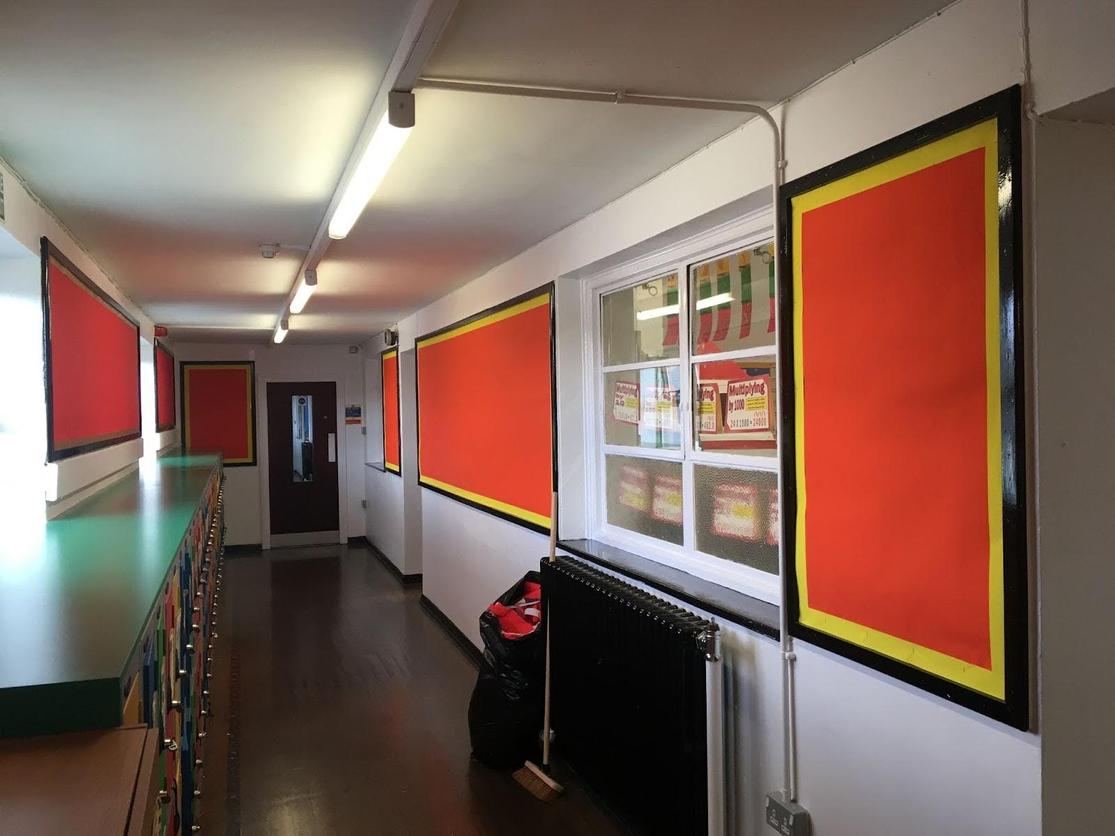
What was your general experience of teaching work?
During these years of work I learnt a lot and sometimes it felt like I was helping people, but day to day I was exhausted. I often felt overwhelmed by the pace of the school day, the amount of work to be done and the variety of things I was responsible and accountable for. I had more ‘space to breathe’ as a supply teacher as the workload was less and I wasn’t as emotionally invested in any of the schools I worked in. I didn’t take many pictures in general, only when I found I had a bit of time to think about it or something grabbed my attention.

What did you like or dislike about your work?
I enjoyed a lot of my interactions and relationships with students. Mostly I liked supervising play times and trying to solve conflicts that came up during them. Sometimes I really enjoyed the teaching itself, when it engaged us all and the learning felt like it had a momentum of its own. Many other instances were the opposite - I usually didn’t like marking work and got behind with this a lot. I didn’t like coming into conflict with my students and sometimes this happened in ways that felt harmful, especially when a relationship with a whole class (or most of it) went wrong. I hated the conditions that led to this when it happened; sometimes my lack of appropriate skills, but mostly things out of my control (rigid curriculum, behaviour systems, management expectations, lack of support, difficult physical environment etc.).
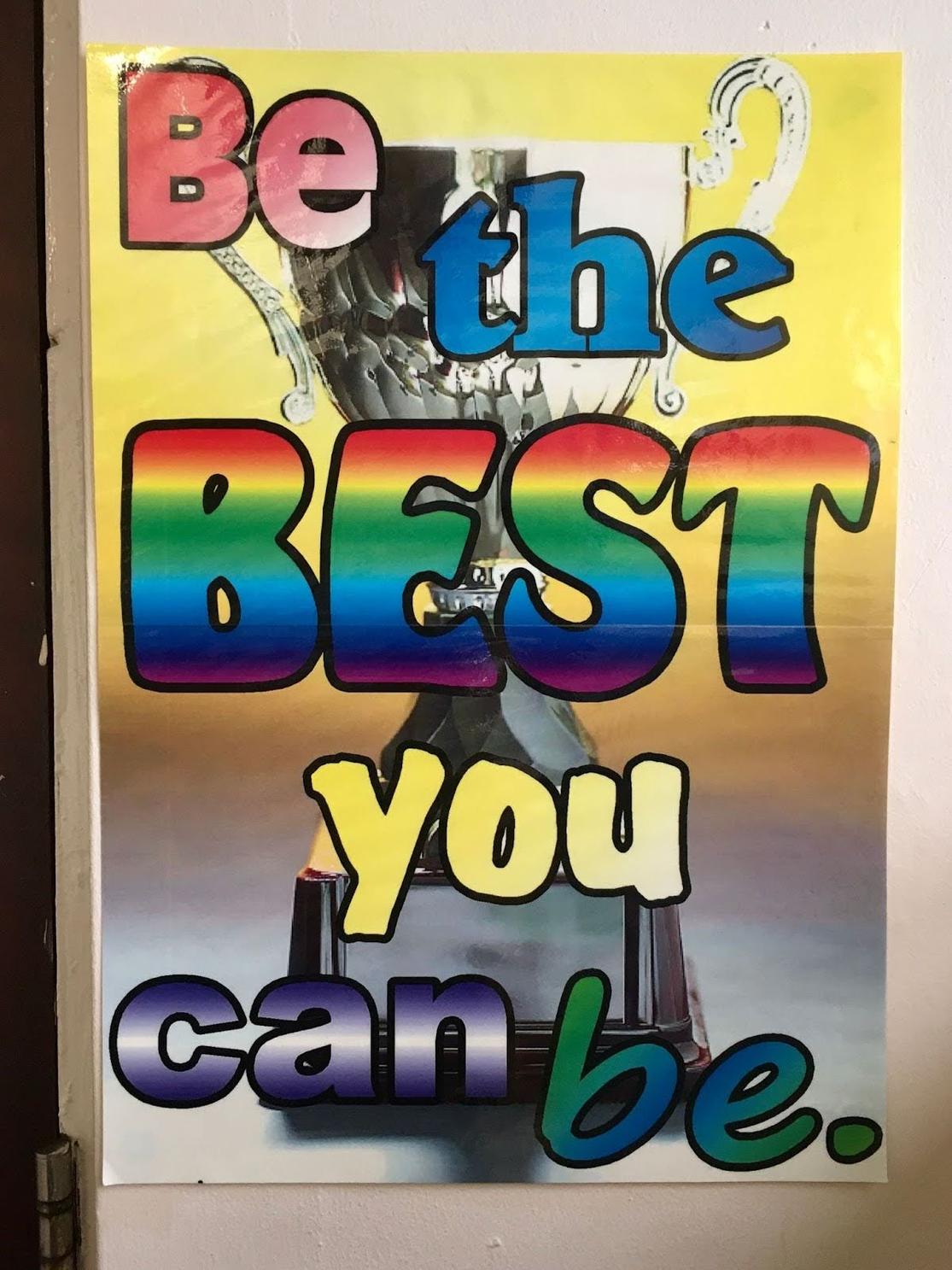
I remember times when I felt confident in my lessons and when I used them to experiment a bit - trying active or creative things, and I liked holding boundaries with students when I had a good relationship with them and could see this was helping in some way. I found some relationships with other teachers hard, and never respected the hierarchy of the schools I worked in, although I met good and bad teachers in different levels of hierarchical structures.


How did your boss view you, and how did you view them?
In the school I trained in, which one or two of these pictures are from, I felt my boss viewed me as a commodity and a way to improve his reputation and standing (as he was the one who brought me in). When I was a supply teacher, I generally had a very impersonal relationship with leadership - I was a fairly faceless means to an end for them, although I developed quite warm relationships with some, maybe more than most of the headteachers of the schools I was permanently employed with. My relationship with the supply agency I was employed through was completely fake. They tried to be warm and informal with me while taking a huge proportion of the money I was earning through my work - I met them once, so really it was completely impersonal - I was a means to an end for them too. I was as cooperative as I could be because I needed as much work as I could get, but I didn’t respect them.
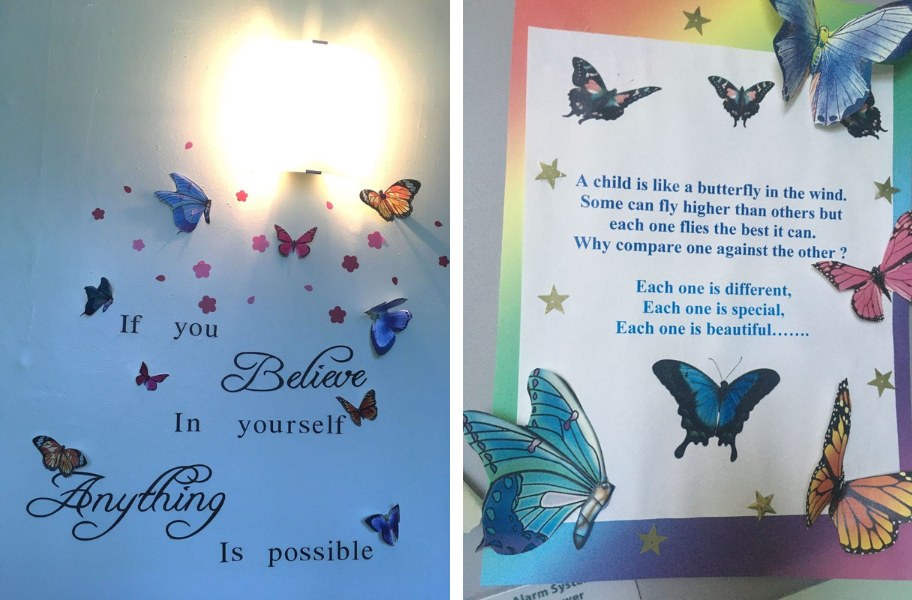
What did ‘power’ in your workplace look like and how was it distributed?
In the other school I was permanently employed by, my relationship with leadership was ok. They seemed to think I was ‘good enough’ and maybe saw that I was able to build good relationships with students. It was more strained when I became the union rep, and I had some tense interactions with the headteacher, but this was during the Covid-19 pandemic so it felt like everyone was a bit preoccupied with that. I think they viewed me as a bit annoying but basically good enough at the job, and I felt pretty similar about them most of the time with some stronger views on things like the head’s ignorance and defensiveness when I raised the subject of antiracism in collaboration with a parent.
In the job I’m referring to here, the most obvious form of power was organised hierarchically, with the inclusion of lots of ‘mini-managers’ - teachers who were given particular responsibilities to effectively scrutinise their colleagues. Young people had more power than they realised but it was suppressed by the school’s behaviour system and the people (like me) who enacted it. I had this form of power over them, and to an extent my ability to design lessons was a form of power over their learning. Beyond this I didn’t have much and when I tried to build collective power through the union I found it really hard to find other teachers who supported this, or those who felt confident enough to exercise their power as workers. There were a few, but we never managed to get things off the ground really. Parents had quite a lot of power in the school - complaints sometimes had an impact and I felt the headteacher was generally very keen to placate them. I didn’t see parents achieve much more than a tokenistic, superficial response or slight change in practice.
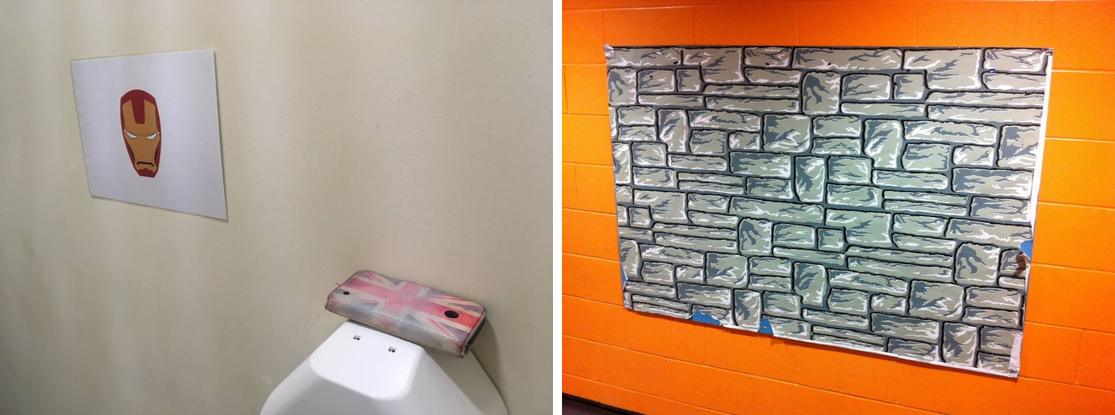
What role did surveillance/photography play in how workers are disciplined
All the schools I worked in had a lot of CCTV which I know was used to investigate the actions of students and discipline them, but I don’t remember this being used in relation to adults apart from as a way of monitoring their punctuality along with the computerised sign-in systems that were used. I suppose the knowledge that I was being ‘watched’ was a regulatory strategy in itself but I knew that realistically everyone was too busy to be watching the CCTV monitors and it was there to refer back to if necessary, rather than monitor continuously. I suppose taking pictures in school might have seemed strange if anyone had noticed this via CCTV but I don’t think it was explicitly against any rules. I guess I tried to find moments when people weren’t around so I wouldn’t have to answer questions.
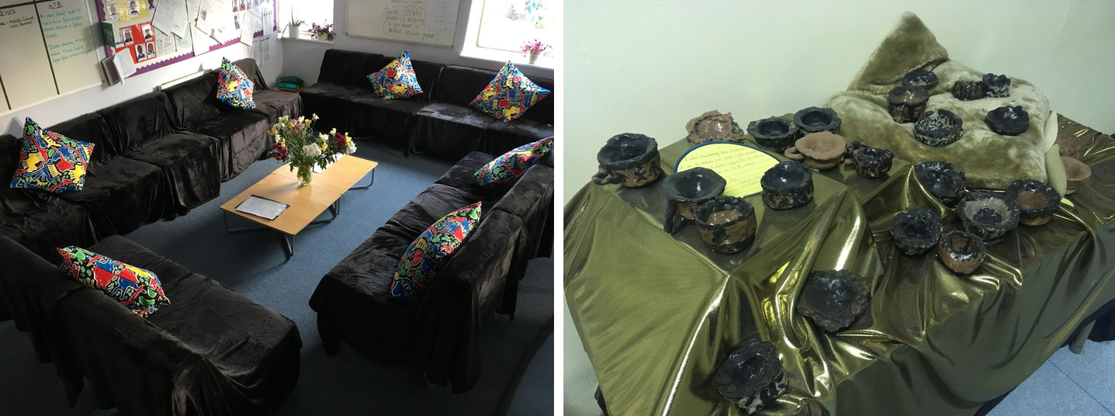
Featured in Photos from Below (Book)
author
Jack Park
Subscribe to Notes from Below
Subscribe now to Notes from Below, and get our print issues sent to your front door three times a year. For every subscriber, we’re also able to print a load of free copies to hand out in workplaces, neighbourhoods, prisons and picket lines. Can you subscribe now and support us in spreading Marxist ideas in the workplace?
Read next
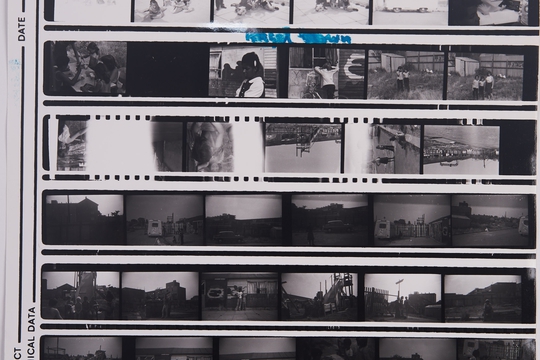
Calling All Worker Photographers!
by
Notes from Below
/
May 4, 2023

